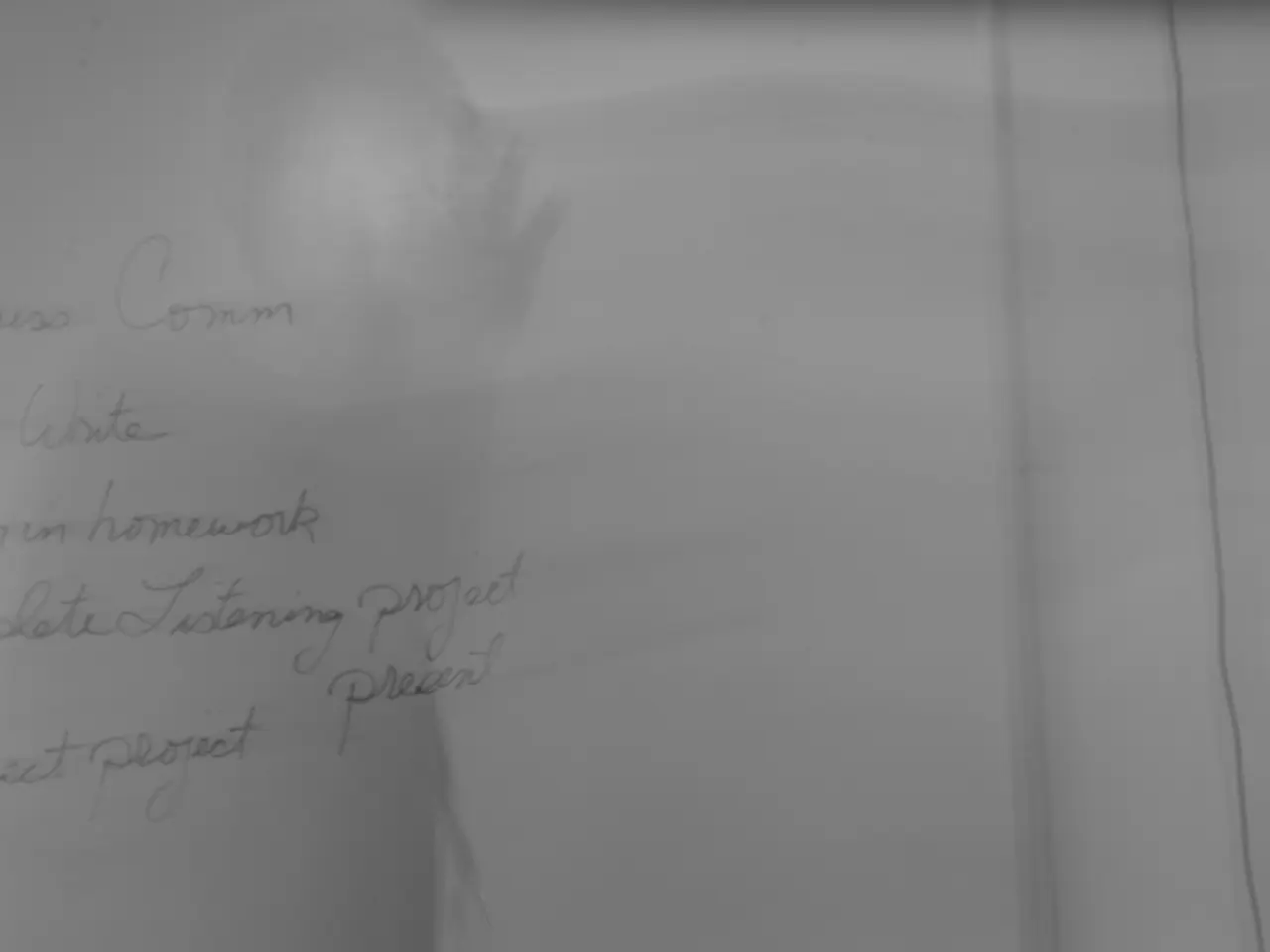Netherlands' Gambling Tax Income Fails to Meet Expectations in 2025
In the Netherlands, a significant decline in gambling revenue has been observed, primarily due to the increase in the gambling tax rate and the subsequent contraction of both the online and land-based gambling markets.
The Dutch Gambling Authority (KSA) has confirmed that the targets for gambling tax revenue this year and beyond are unlikely to be met. Björn Fuchs, Chairman of VNLOK, has warned that heavy taxation combined with stringent rules is making regulated gambling less attractive, leading to a shift towards unlicensed operators.
The rise in tax has increased operational costs for gambling providers, forcing them to take measures such as cutting costs or reducing the number of land-based gaming locations. This contraction has hit the land-based segment particularly hard, with a 7% drop in turnover compared to 2024. The number of land-based gaming locations dropped by 9% in Q1 2025 compared to Q4 2024.
Providers face squeezed margins due to the higher tax burden, which negatively impacts market stability. This squeeze often leads to worse odds, fewer promotions, and consequently, player migration to unregulated markets. Industry experts warn that higher taxes push players away from licensed operators, undermining official tax revenue.
Supporting evidence from operators like Bragg Gaming Group highlights that the iGaming market in the Netherlands is experiencing a roughly 25% year-to-date decline in gross gaming revenue, despite strong results in other markets. This reinforces that the domestic Dutch market is contracting under the tax regime.
Online gambling revenue in the Netherlands now flows to unlicensed operators, with nearly half of the country's online gambling revenue going to them. Secretary for Legal Protection Teun Struycken has urged a coordinated EU crackdown on illicit gambling platforms, labelling them as "international criminal organizations."
VNLOK's data, covering operators responsible for around 70% of the Dutch online gambling sector, was independently verified for accuracy. A KPMG report commissioned by VAN Kansspelen found a 7% drop in turnover in the land-based gambling sector compared to 2024.
If the current trend persists, gambling tax revenue for 2025 is projected to fall to around €800 million - down from the €1 billion collected in 2024. The gambling tax was raised from 30.5% to 34.2% in 2025, with another increase to 37.8% scheduled for 2026.
Critics, such as Björn Fuchs, argue that excessive regulation may be undermining the entire legal system, and that stricter regulation does not automatically enhance player protection. The downturn in legal gambling activity is being blamed on an expanding set of regulatory restrictions that are driving players toward unlicensed gambling platforms.
Operators are cutting back on bonuses and payout percentages to offset tax-related financial pressure. The situation may worsen as long-term closures of physical venues haven't yet been factored in.
In summary, the Dutch government's attempt to increase gambling tax rates has led to a contraction of both player activity and the number of physical gambling locations, driving down the gross gaming revenue and resulting in a significant fall in tax revenue. This is compounded by player migration to black market operators, which do not contribute to government tax income.
The Dutch gambling authority has confirmed that the targets for gambling tax revenue this year and beyond might not be met due to the contraction of both the online and land-based gambling markets. This contraction is a result of the increase in gambling tax rates, which has forced providers to consider cost-cutting measures or reduce the number of land-based gaming locations.
Heavy taxation and stringent regulations in the gambling industry of the Netherlands are driving players towards unlicensed operators, which negatively impacts market stability and official tax revenue. The rise in tax has led to a significant decline in online gambling revenue, with nearly half of the country's online gambling revenue flowing to these unlicensed operators.
Industry critics argue that excessive regulation is undermining the entire legal system by driving players towards unlicensed, black market operators, thereby undermining official tax revenue. The downturn in legal gambling activity is being blamed on an expanding set of regulatory restrictions that make regulated gambling less attractive compared to unlicensed alternatives.




